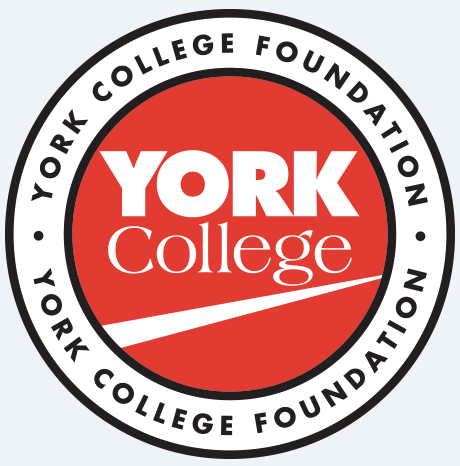Prospect Management
Developing, Requesting and Soliciting Prospects
Prospect Management: Developing, Requesting and Soliciting Prospects
- Planned solicitations to corporations, foundations, organizations and individuals need to be cleared and submitted to the Donor Relations Manager in the Office of Institutional Advancement.
- The President of York College, Vice President of Institutional Advancement and selected Institutional Advancement staff are the only individuals who can be classified as the primary solicitors of a constituent. Any faculty/staff member can request the assignment of an unassigned prospect but it must be submitted to the Donor Relations Manager for approval.
- Include all available prospect information on the solicitation form including name, alumni status, address, business name and address, spouse, children, etc. For individuals, attach a current bio (if available) to the solicitation form. For corporations/foundations/organizations, attach a proposal summary and/or rationale for solicitation.
- All faculty, staff and trustees of York College will be classified as the secondary solicitor of a constituent if the request is approved by the Office of Institutional Advancement. Once approved, the original form will be forwarded to the Development Coordinator for data entry and a signed copy of the form will be returned to the secondary solicitor.
- Primary and Secondary Solicitors will receive monthly solicitation tracking reports and will meet quarterly for a Prospect Strategy meeting with Institutional Advancement.
The Moves Concept
Most sophisticated development shops use the “Moves Concept” developed by David Dunlop, Director of Leadership Gifts at Cornell. The process describes a series of action steps that development officers take with their prospects in moving them closer to solicitation. In Dunlop’s model, a series of nine distinct steps (listed below) are made in moving the prospect through the solicitation cycle, from being a new or completely uncivilized prospect, to becoming an active donor. The model is particularly helpful in tracking the progress of major gift prospects and in helping development officers manage their prospects more effectively.
Visit – the first call by a development officer with the prospect
Cultivate – bringing the prospect into closer affiliations with the goals, needs aspirations and mission of the organization
Idea – the development of a proposal which matches the donor’s philanthropic interest with the programmatic needs of the institution
Solicit – presentation of the proposal, asking the prospect to support a particular project within the campaign case for support
Mail – deferring a prospect who is unresponsive to a personal solicitation to the end of the campaign, preferring to solicit that individual at a lower level and during the direct mail phase near the campaign’s conclusion
Close – closing the deal and negotiating the specific gift amount and payment options with the donor
Steward – maintain contact with the donor after the commitment has been secured, realizing that additional gifts are dependent on assuring the donor that her/his previous gift(s) has (have) been properly used and appreciated (in many cases, this stage may last several months or years)
Re Solicit – asking the donor for additional gifts once the initial contribution has been fulfilled and properly stewarded (in which case, the development officer re initiates the process at step one-visit)
Done – the realization that, after repeated cultivation and solicitation attempts, the prospect has declines to support the institution and appears unlikely to do so in the future
Status Codes
Qualification Pending - constituent has been identified as a possible prospect but has not yet been qualified as a prime prospect
Pending - solicitor has not yet reached out to prospect but will w/in 30 daysCultivation - solicitor is in discussion with prospect and is seeking confirmation of interestSolicited - solicitor is waiting on prospect’s acceptance of proposal
Declined - prospect has declined requestCompleted - prospect stated he/she will give a gift to York College Foundation
Action Codes
Home - face-to-face visit with prospect in prospect’s homeOffice - face-to-face visit with prospect in prospect’s officeMeeting - face-to-face visit with prospect in location other than campus, prospect’s home or prospect’s officeCampus Visit - face-to-face visit with prospect on campusCampus Event - prospect attended York event and has had a substantial discussion with solicitorTelephone Call - makes substantial call with prospectLetter - sends substantial correspondence to prospect other than proposalProposal - sends a written proposal to prospectPaperwork - Pending receives confirmation from prospect that they will send us paperwork
Revised: August 29, 2023
